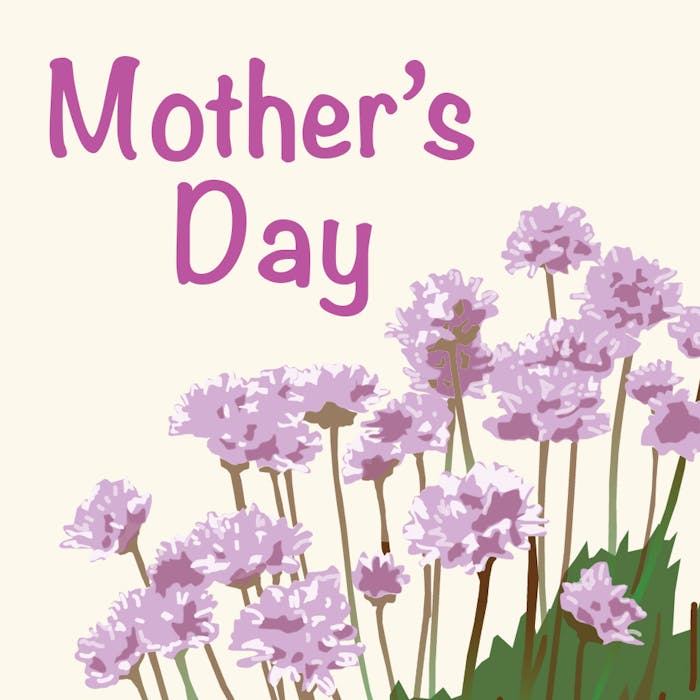
Mothering Sunday
Is it Mother's Day or Mothering Sunday? We take a look at the origins of this annual event ...
"Mother's Day" is an American festival which now in Britain has become conflated with an earlier religious festival known as "Mothering Sunday".
Mothering Sunday dates back to the 1700s. Individuals would attend a special service on Laetare Sunday (the fourth Sunday of Lent) at their mother church (usually the church where they had been baptised or their local parish church). This activity was soon called going ‘a-mothering’.
Domestic servants were given the day off so that they could return to their own families and attend their mother church (in the company of their families, including their mothers). This was historically the time of year when working labour contracts would end and would signal the return of laborers and domestic servants to their home parishes. Mothering Sunday would fittingly fall on the Sunday following. It became commonplace to bring a gift to one’s mother around this time as it was, for most, the first time they would have seen their mother in a year.
The day was secularised by the efforts of Constance Penswick-Smith. Penswick-Smith had admired the successful promotion in America of Mother's Day and started her own Mothering Sunday Movement in 1914.
The concept then gained a boost during and after the Second World War due to the influence of Canadian and American soldiers serving in Britain. Their secular Mother’s Day traditions blended with the Mothering Day traditions still being honored by the Church of England and Church of Ireland.
With the enthusiastic (and opportunistic) support of shops and commercial enterprises for the holiday, Mother’s Day was being celebrated across the UK by the 1950s and was being observed on the same day as Mothering Sunday.
Further reading
Links to external websites are not maintained by Bite Sized Britain. They are provided to give users access to additional information. Bite Sized Britain is not responsible for the content of these external websites.
